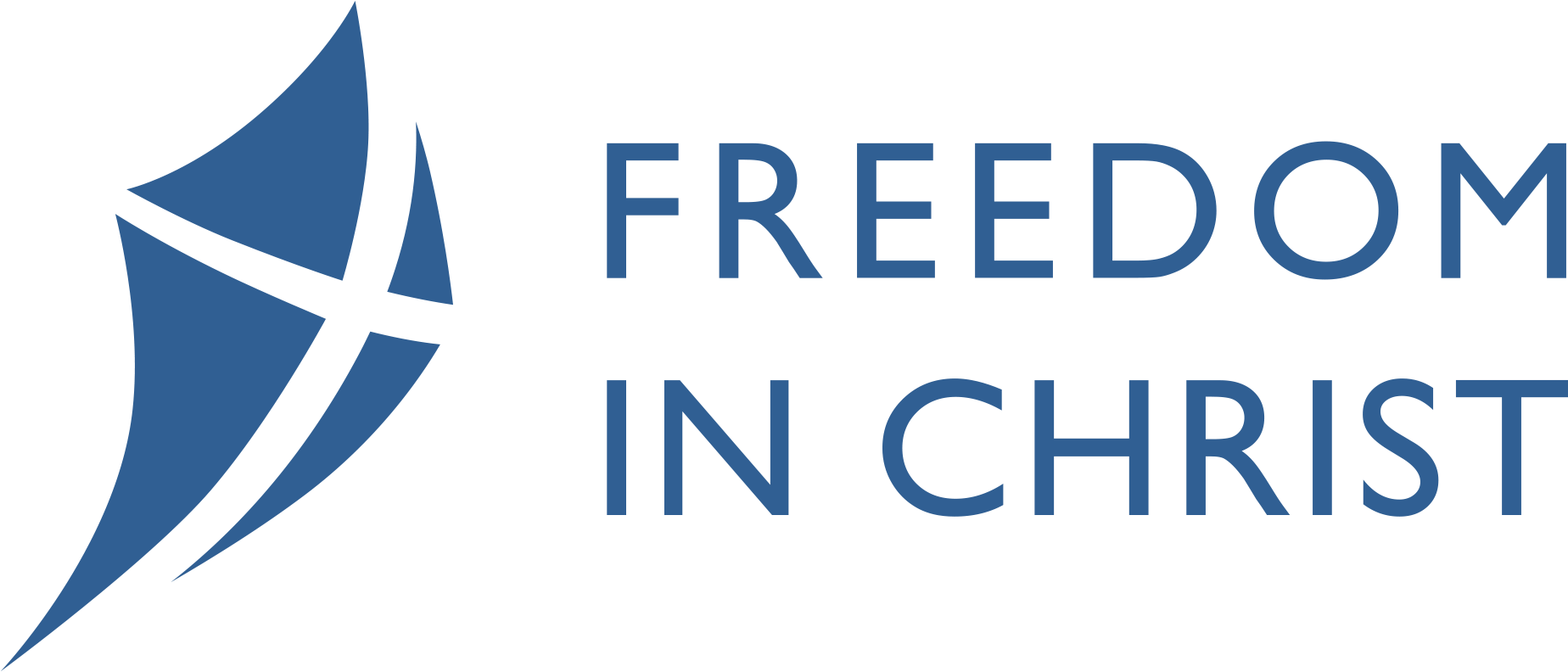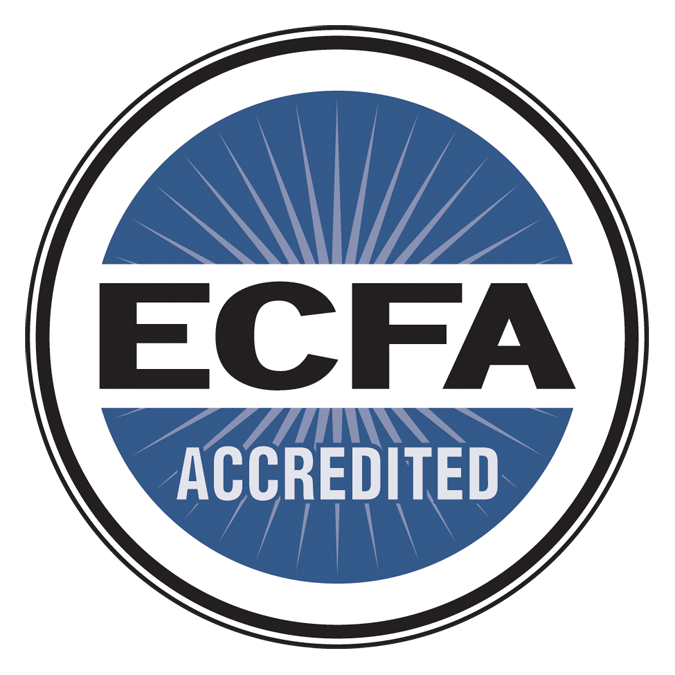Steps to Freedom in Christ
Merely reading words out loud without any heartfelt affirmation can indeed be ineffective prayer. The purpose of the prayers suggested in the Steps to Freedom is to help focus on the important areas of truth found in the Scriptures. They are not magical formulas with power that is released if they are properly spoken. These prayers are only effective to the extent that they are sincerely offered to a powerful and loving God.
Remember that the Psalms are songs and prayers recorded by David and others to be read and sung in personal and public worship. Israel used the words of Deuteronomy 6:4-9 (the shema) as a daily prayer to remind themselves of the greatest commandment: “‘love the Lord your God with all your heart, and with all your soul, and with all your mind’” (Matthew 22:37). But Jesus condemns the meaningless repetition of prayer formulas (characteristic of pagan worship) and offers a model for His followers (see Matthew 6: 7-14).
Christ’s intent in the Lord’s Prayer is the same as ours in the Steps to Freedom: to give a guide that helps people focus on important aspects of prayer. We have found that some people who are caught in spiritual conflict need help focusing their attention in prayer. When people are having trouble connecting with God as they read the prayers, we suggest that they read the prayers through silently before reading them aloud. They can also read them more slowly if that helps them affirm in their heart what they are saying with their mouth.
One more note: If people knew how to get out of bondage, they would have gotten out a long time ago. Nobody likes living in bondage. But people need a very clear road map out of bondage, and that is what we intend the Steps to Freedom to provide. We have learned the hard way that people don’t know how or what to pray for (see Romans 8:26). Of course the prayers themselves don’t set you free. They are a guide for seeking the Lord who can and will set you free if you respond appropriately by faith and repentance. The Bible assures us that “the eyes of the Lord move to and fro throughout the earth that He may strongly support those whose heart is completely His” (2 Chronicles 16:9).
How does one go through the “steps”?
Freedom in Christ Ministries exists for the purpose of equipping churches, mission groups and other ministries to help people find their freedom in Christ. We are primarily a resource, training and equipping ministry—not a counseling service—for a very good reason. We believe that God has given the Church the responsibility of helping people find their freedom in Christ and bringing them to spiritual maturity. Too often these days, churches are relying on paid professionals to do spiritual work that can and should be done by trained laypeople. In fact, the vast majority of people worldwide who are being led through the Steps to Freedom are being led by equipped laypeople. Long range, we will help many more people by helping others learn how to take people through the steps rather than by doing it all ourselves.
When people contact our office, we try to refer them to someone in their area who can take them through the steps. Usually an appropriate Encourager can be found. Encouragers are people trained by our ministry to guide people through The Steps to Freedom in Christ. Sometimes our staff does make freedom appointments if they are training others as part of the training program, and we will try at times to provide some guidance over the phone. But we cannot directly help all those who are hurting, or we would neglect our call to equip others.
Sometimes a concerned friend or family member contacts us on behalf of someone else who is struggling. Although we are sensitive to such needs, we do not think it beneficial to encourage the person calling to seek our help for the friend or family member’s particular difficulty. Rather, we feel it is best for the helping individual to direct the afflicted person to take personal responsibility for seeking out resources to help him or herself.
The best thing you can do if you want to help others, or if you yourself are struggling, is to establish your own freedom first by learning the Biblical principles of identity and freedom in Christ through one of our materials and going through The Steps to Freedom in Christ. Then, you can pursue getting trained to help others.
Step One: Counterfeit vs. Real
This Step enables the inquirer to clean house spiritually by renouncing any and all participation in cults, the occult, false religions, New Age practices, etc. The Holy Spirit is granted permission to reveal what He deems necessary in order for the inquirer to experience freedom from any hold the enemy may have over his or her life through past or present involvement with these things. There is a partial listing of some of the more common counterfeit spiritual practices, but it is by no means exhaustive. That is one reason why inviting the Lord to take charge of the freedom appointment is so important. He very often reveals things that are not contained in the booklet.
Step Two: Deception vs. Truth
There are cultural values and beliefs that are contrary to truth that many of us absorb into our personal belief system. These deceptions from the world can bind us into damaging or even destructive behavior patterns. In addition, there are ways we can deceive ourselves and wrongly (i.e. according to the flesh) defend ourselves. This Step enables the inquirer to come face to face with these issues and begin to resolve them through confession and repentance before God.
Step Two concludes with the inquirer announcing “Statements of Truth” that provide the beginning point of a renewal of his or her belief system …replacing lies with truth. This is a powerful and encouraging time for the inquirer.
Step Three: Bitterness vs. Forgiveness
This is typically the most emotionally rugged and painful of the Steps, as most people have been hurt…many times very deeply…and yet have not come to the place of resolving their pain. Followers of Christ know they are supposed to forgive; this Step gently guides them through the process of actually doing it. The encourager exercises great patience as the inquirer wrestles through this process which can take as much as half or even more of the entire freedom appointment time.
Step Four: Rebellion vs. Submission
Since the biblical formula for freedom is to “Submit, therefore, to God. Resist the devil and he will flee from you” (James 4:7), living a life of submission toward God and the human authorities He places in our lives is crucial. This Step gives the inquirer the opportunity to face the ways that he or she has had and lived out of a rebellious heart.
Step Five: Pride vs. Humility
Jesus described Himself as “gentle and humble of heart” (Matthew 11:29). Therefore, living in pride is directly opposed to the character of Christ. In this sobering Step, inquirers invite the Lord to show them specific ways that pride has shown up in their lives, making the choice to confess areas of pride and choose to serve Christ and others in humility rather than living in selfishness and self-centeredness.
Step Six: Bondage vs. Freedom
If Step Three (Bitterness vs. Forgiveness) typically is the one that involves the most pain, this Step typically involves the most shame. This is where all the variety of sins of the flesh…including sexual ones…are addressed before the Lord. The beauty of this place in the freedom appointment is that we get to watch shame turn to joy as the inquirer experiences God’s loving forgiveness and cleansing. This Step also deals with the issue of unhealthy, controlling fears.
Step Seven: Curses vs. Blessings
Because of our old identity “in Adam”, we are subject to a predisposition toward walking in the sins of our fathers. During this Step, the inquirer makes an official recognition and authoritative renunciation of those things and affirms his or her new identity and new family of righteousness in Christ. There is often a great sense of relief knowing that in Christ one is not doomed to follow the same paths of damage and destruction as have those in one’s biological family.

